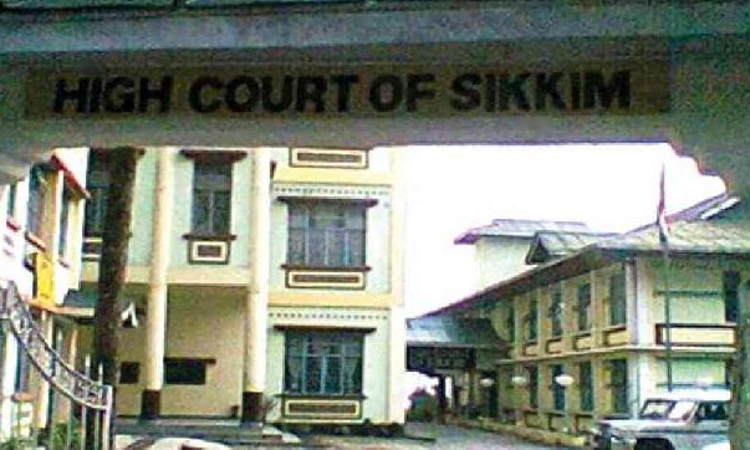'Editors Can Be Prosecuted': Sikkim High Court Refuses To Quash Summons In Defamation Case Against Mathrubhumi Management
LIVELAW NEWS NETWORK
29 Sept 2022 12:52 PM IST

The argument that all the Editors cannot be prosecuted for publication of the alleged offending article holds no water: Justice Rai
Next Story


